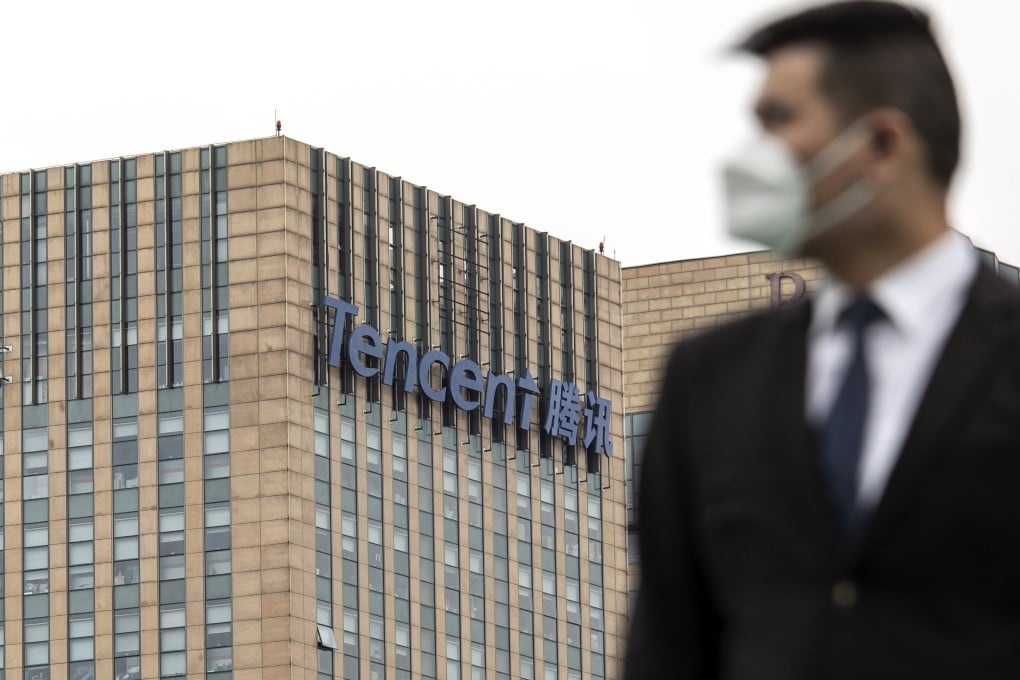Big Tech firms such as Tencent and Alibaba snap up land on the mainland amid slumping real estate sector
- Social media and video gaming giant Tencent has shelled out 6.42 billion yuan to buy land in the Haidian district of Beijing
- Last October, video gaming powerhouse miHoYo and fintech giant Ant Group splurged on land plots in Shanghai and Hangzhou respectively

Chinese Big Tech firms, including Tencent Holdings and Alibaba Group Holding, have become major buyers of land on the mainland at a time when both the technology and real estate sectors are battling economic and policy headwinds.
Social media and video gaming giant Tencent has shelled out 6.42 billion yuan (US$905 million) to acquire land spanning over 70,601 square metres in the Haidian district of Beijing, according to a notice published this week by the Beijing Municipal Commission of Planning and Natural Resources.
The acquired land is intended to “meet the company’s demand for office space that can provide a stable and centralised working space,” a company representative told the Post last week.
The Shenzhen-based technology behemoth employed more than 12,000 employees in Beijing as of the end of 2023.
Tencent’s land grab comes as the domestic technology sector continues to recover from several years of regulatory upheaval, which has seen many firms scale back their operations and shed jobs. Although a stock rout has wiped billions of dollars in market value from the country’s leading tech firms, authorities see the sector playing a key role in the future digital growth of China’s economy.
Earlier this month, Alibaba completed the construction of its new Beijing campus, covering a floor area of 470,000 square metres and situated in the business-oriented Chaoyang District, according to a report by Beijing Daily. Alibaba owns the Post.